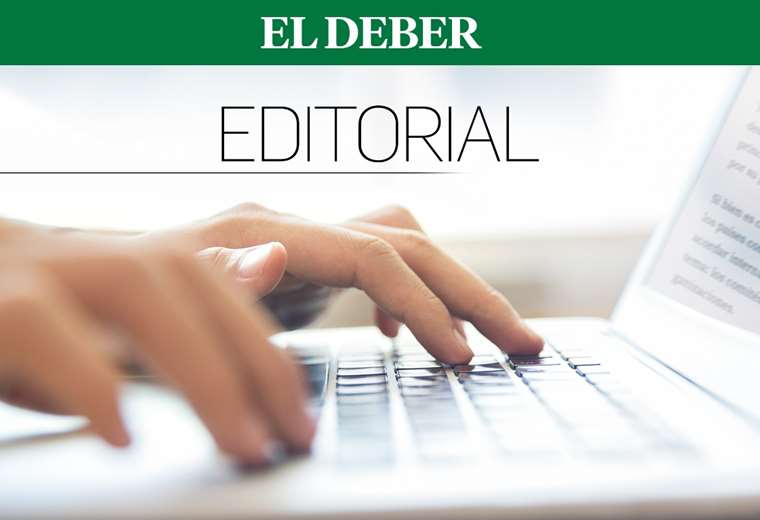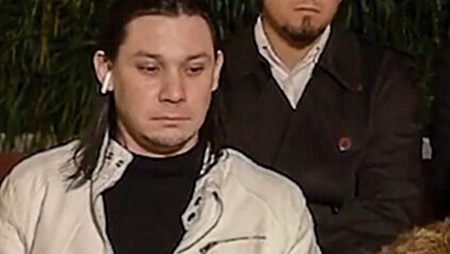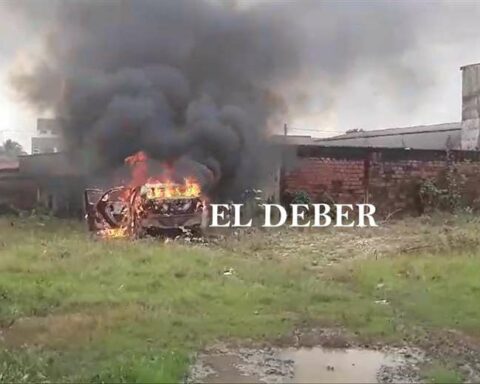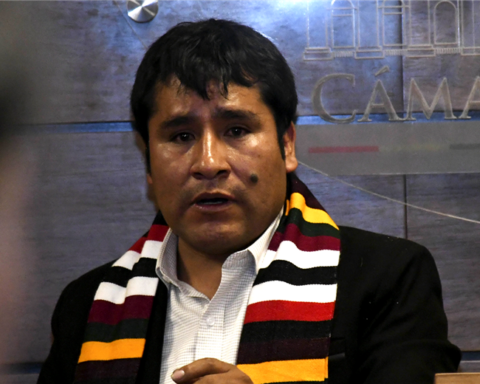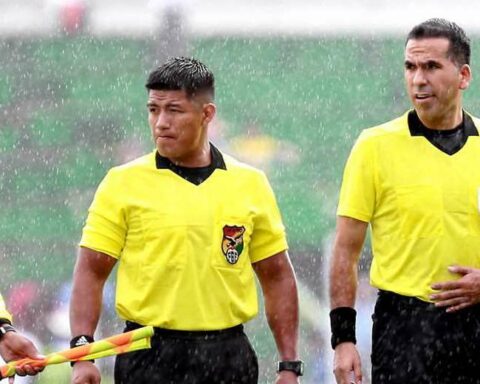January 10, 2023, 4:00 AM
January 10, 2023, 4:00 AM
The assault on Congress, the Supreme Court and the Brazilian Presidential Palace this Sunday, January 8, by supporters of former President Jair Bolsonaro has shaken the democracy of the South American giant.
The violent actions of thousands of people breaking into the beards of the power of the neighboring country, who sought the fall of the president who took office on January 1, brought back the memory of those images of the attempted takeover of the US Capitol in January 2021. Sunday’s acts were strongly condemned by the international community, from the governments of the United States, France, Russia and China to Latin American countries.
The return of former President Luiz Inácio Lula da Silva to Planalto in Brasilia was not smooth as predicted. Someone was behind this assault attempt, however, the first accused is the former president who traveled to Florida, United States, a few weeks ago, before his opponent and winner of the elections put on the presidential sash.
Bolsonaro fostered mistrust in the election result and took too long to admit his defeat at the polls, advocated for the closure of Congress and strongly attacked the Supreme Court. After the results of the elections were known, there were blockades and protests in various regions of the country, which had subsided until this new irruption.
Behind these demonstrations there are financiers and what is added is the role played by the military and security police.
South America is experiencing a peak moment. Democracy has been weakened not only in Brazil, but in other countries of the continent. The case of Peru is an example, which up to now continues with internal convulsions after the presidential self-coup where Congress acted immediately and dismissed Castillo for “moral incapacity.” Although Vice President Dina Boluarte took office in a few hours, social peace has not been restored. Peru has had six presidents since 2016.
In Argentina, the accusations between the Judiciary and the Executive also have their shakes after the sentence and political disqualification of Vice President Cristina Fernández, after the attempt on her life.
In Chile, the situation does not give President Gabriel Boric any respite either. A few hours ago he changed the Minister of Justice after strong questions from the opposition for the pardons granted to a dozen people convicted in the social protests of the social outbreak in 2019.
Today we see more active social, economic and political forces that not only take refuge in the partisan opposition.
Democracies in the region, including that of Bolivia, have weakened, losing institutionality at their most basic levels.
Common features can be seen, but generally when a society suffers from a broken judicial system, law enforcement agencies that fail to comply, an inattentive political class, a corrupt organization system, moments of high danger can emerge and pulverize life in democracy.
Signs of disbelief fly over the public who have detected that some springs are not working. When the cracks deepen and the mechanisms for dialogue, agreements, and the exchange of ideas to redirect certain processes move away from the needs of the population, alarm bells should go off. Today, in the midst of a rarefied climate, South America must overcome these critical moments and rediscover its own paths. Life in full democracy is the closest.

